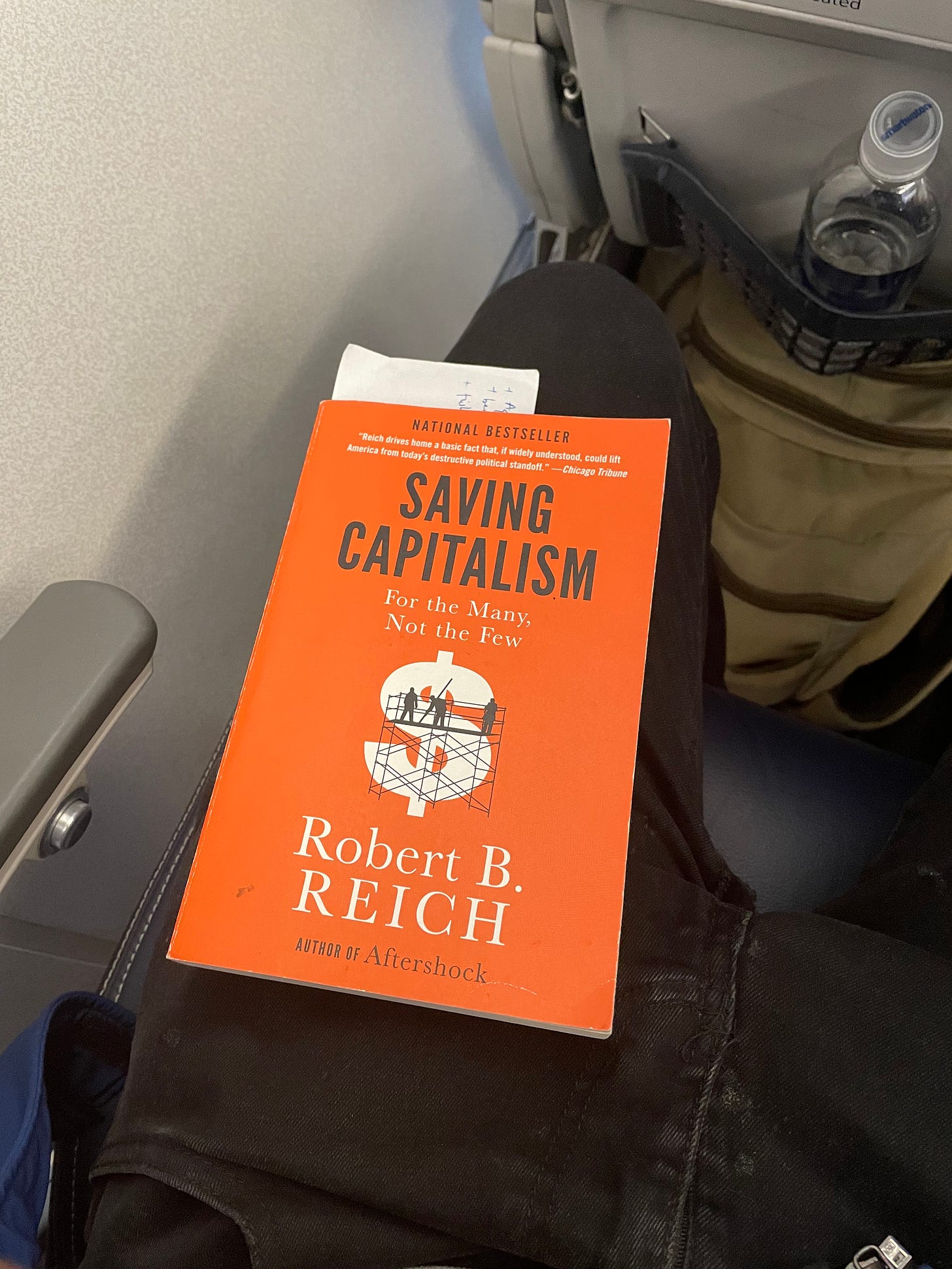[Talking🗣️points for your next outing📍]
♻️ You may be inhaling up to 16.2 bits of plastic every hour – the equivalent of an entire credit card every week.
🇸🇬Singapore is world’s most expensive city.
🚶Really good visual essay on social isolation and loneliness.
⏰Snoozing might be good for your health?
[Long Read 📰 / Video 🎥]
[I]: Leaving academia? Think twice before going into data or software.
A good friend of mine sent me this well written essay some weeks ago. The essay basically shed lights on the paths of leaving academia to work in software or data industry. For most people - my take-away is that - the transition will be grim.
The usual story: while many PhD students aspire to become professors, only a small fraction achieve this, leading many to consider alternative career paths. The author, a former academic, highlights the misconceptions surrounding the data industry, emphasizing that most roles are not as intellectually stimulating as academic research.
He shares his personal journey, detailing the struggles of finding a job and the eventual realization that the work was not aligned with his interests. The article aims to provide a balanced perspective, shedding light on both the advantages and drawbacks of transitioning to the data industry.
[II]: Why Was Galileo on Trial for Heresy?
Ryan Reeves on YouTube is one of my favorite YouTube channels, certainly my favorite on the history of Christianity. After a five-year hiatus, he recently started publishing new videos, and he seems to have extended the channel’s theme to broadly history.
Here is one of his latest publication on Galileo’s Trial. The video focused primarily on the misconceptions surrounding his trial. Contrary to popular belief, Galileo was not persecuted for simply championing the heliocentric model proposed by Copernicus. The video emphasizes that during the Renaissance, what we now understand as science was deeply intertwined with philosophy and theology.
Galileo's advancements, especially his use of the telescope, provided empirical evidence supporting the heliocentric model. However, his publication "Dialogue" was perceived as mocking traditional views, leading to his trial. While he was found guilty of "vehement suspicion of heresy," he was not tortured or imprisoned in the way many believe. Instead, he was placed under house arrest. The essay concludes by noting that in 1992, Pope John Paul II officially apologized for the church's treatment of Galileo.
[III]: Marc Andreessen: It’s Time to Write.
I frequently revisit David Perell's show, "How I Write." In one of his latest episodes, he features Marc Andreessen. They discuss Mr. Andreessen's significant contributions to the tech world. Recognized for his unmatched presence in the tech industry, Mr. Andreessen is known for being a prolific investor, co-founding Netscape, creating the first web browser, and introducing the concept "software is eating the world."
Beyond his technological achievements, he is also a polymath, of some sort. Even when I disagree with him, I find value in his insights. The episode offers a mix of technology and liberal arts, aiming to inspire and guide listeners in their writing pursuits.
[IV]: Why you should not join YC.
This X user critically examines the Y Combinator (YC) program, but in reality, he is speaking to the venture capital business model, so I wonder why such fixation on YC. Anyways, in summary, the writer argues that while YC may seem appealing by offering funding and a supportive community in exchange for equity, it operates in a non-ergodic system.
In such systems, what benefits the collective might not benefit the individual. He uses the analogy of treasure hunting to explain that while YC might benefit from having many startups dig deep into one idea, most individual startups won't find success. He concludes by emphasizing the randomness of business success and the importance of diversifying one's efforts rather than going all-in on a single venture.
[V]: Embracing the command line: my unexpected career in computational biology.
Many wet lab biologists out there will benefit from picking up some dry lab skill sets. This career column in Nature talks about a fellow's switch to computational biology. I had a great deal of experience in these dealings, myself. For interested readers, see my PhD memoir – Wander.
[VI]: Concepts of health and disease as a barrier to progress
This essay discusses how the conventional categorization of health and diseases into distinct entities, driven by medical specialization, might hinder a deeper understanding and more effective treatment of health conditions. The writer suggests that questioning these entrenched categorizations and exploring cross-disciplinary or broader perspectives could pave the way for better conceptualizing and managing diseases.
“In the future, your annual (or more frequent) medical check-up might track thousands, or millions of parameters. Your doctor could estimate the rate and direction of drift from one check-up to the other, and prescribe a tailored mix of interventions (drugs, exercise, nutrition, etc.) to counteract the net forces pushing away from health — perhaps with the help of a predictive artificial intelligence (AI) model. We wouldn’t necessarily find it useful to assign disease labels in such a world, instead we might rely on exquisitely detailed models that represent our health states as mathematical objects.”




